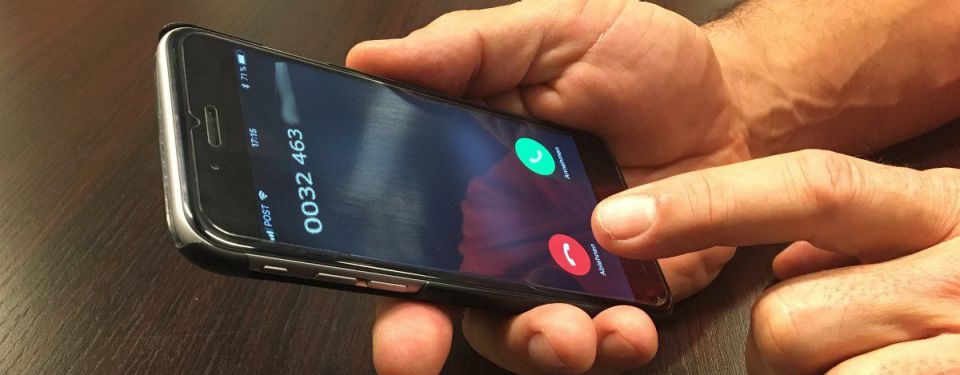
National calls
Scam callers often use what is known as "Call ID Spoofing". This special technique is used to display false telephone numbers. In this way, the victim is made to believe that he or she is receiving a call from a Luxembourg mobile phone number or from an official authority, which is not the case. The criminals then take advantage of the victim's good faith to obtain their personal details, for example.
To avoid becoming a victim of these scam calls, it is important to follow the advice below:
- Never give out personal information to strangers;
- Be wary of calls urging you to act quickly;
- If in doubt, contact the relevant authority or institution using the usual means of communication to check whether it is a scam.
International calls
The general aim of these type of scam calls is to make the victim call back on a special premium rate number. The scammers normally use numbers registered abroad and when the victim takes the call, it cuts off immediately to prompt the desired call back.
So if you receive a call from a telephone number registered abroad that you do not recognise, remember the following advice:
- Ignore the call without hanging up: that way, you do not indicate to the scammers that your number is still in service.
- Never call back a foreign number you do not recognise.
- Block the caller on your telephone.
- If the scam calls continue, inform your service provider.
- Check your telephone bill and file a complaint with the Police in the event of any loss.
Other forms of scam calls
There are, however, other forms of scam call, the purpose of which is to check whether your home is occupied. In this case, the caller pretends to work for a company, a government department or an institution, and asks if you are at home. As burglars may use this method, you should never answer questions about the composition of the household, or the times of day the occupants are at home.


